How To Run A Container On Amazon Web Services (AWS) ECS?
4.8 out of 5 based on 9587 votesLast updated on 8th Mar 2025 18.3K Views
- Bookmark

AWS ECS (Elastic Container Service) is a fully managed container orchestration service that runs and scales Docker containers on AWS.
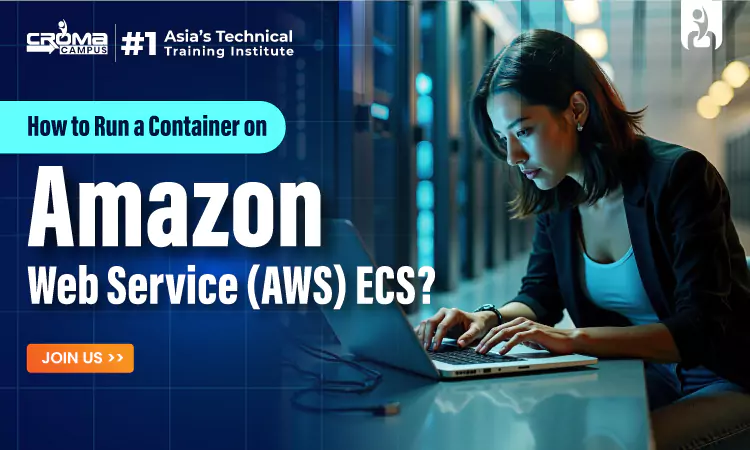
Introduction
Amazon Web Services (AWS) Elastic Container Service (ECS) is a scalable, managed container orchestration service that simplifies the deployment and management of containerized applications. With ECS, businesses can efficiently run containers without managing infrastructure, thanks to deep AWS integration and support for both Fargate and EC2 launch types. Explore the process of running a container on AWS ECS, covering configuration, networking, security, and monitoring.
For those looking to master AWS container services, enrolling in an AWS Online Course can provide hands-on experience with ECS, EKS, and Fargate, making cloud application deployment easier.
What is AWS ECS?
AWS Elastic Container Service (ECS) is a fully managed container orchestration platform that allows users to deploy, manage, and scale Docker containers in the AWS cloud. It provides two launch types:
- Fargate: A serverless option that removes infrastructure management overhead.
- EC2: Uses Amazon EC2 instances to give users more control over container hosting.
AWS ECS vs. Other Orchestration Tools
Feature | AWS ECS | Kubernetes | Docker Swarm |
Fully Managed | ✅ | ❌ | ❌ |
Serverless Option | ✅ | ❌ | ❌ |
Deep AWS Integration | ✅ | ✅ | ❌ |
Learning Curve | Low | High | Medium |
Whether you're looking to streamline deployment, integrate with other AWS services, or understand container management, an AWS Online Course can help you acquire the skills needed to excel with ECS.
Step-by-Step Guide: Running a Container on AWS ECS
Step 1: Set Up an AWS ECS Cluster
- Open the AWS Management Console and navigate to ECS.
- Click on Clusters → Create Cluster.
- Choose between:
- Fargate (for serverless management)
- EC2 (for manual resource management)
Step 2: Define a Task Definition
- Navigate to Task Definitions → Create New Task Definition.
- Choose a Launch Type (Fargate or EC2).
- Configure container settings:
- Image: Specify a Docker container image (Amazon ECR or Docker Hub).
- Memory & CPU: Allocate based on application workload.
- Networking & IAM roles: Define security policies.
Step 3: Create an ECS Service
- Navigate to ECS Services → Create Service.
- Select the ECS Cluster and Task Definition.
- Configure the number of tasks and auto-scaling policies.
- Deploy the service to start running the containers.
Step 4: Configure Networking & Security
- Set up a VPC and Subnets for public or private access.
- Assign Security Groups to restrict unauthorized access.
- Use IAM Roles to define permissions for ECS tasks.
Step 5: Monitor & Scale Containers
- Use Amazon CloudWatch to track logs and metrics.
- Enable Auto Scaling to manage workload spikes.
- Monitor:
- CPU utilization
- Memory usage
- Task health status
Performance Metrics in AWS ECS
Monitoring and optimizing performance in AWS ECS (Elastic Container Service) is essential for maintaining efficient cloud workloads. AWS provides various performance metrics to ensure smooth containerized application management. Obtaining an Amazon Web Services Certification enhances professionals' ability to analyze and optimize these metrics effectively. Below are the key performance metrics used in AWS ECS:
Performance Metrics in AWS ECS
Metric | Description | Importance |
CPU Utilization | Measures ECS resource consumption to ensure efficient CPU usage. | Helps in identifying resource bottlenecks and optimizing task performance. |
Memory Usage | Monitors container memory consumption to prevent memory leaks. | Ensures applications do not exceed allocated memory, preventing crashes. |
Task Health | Checks the number of failed vs. running tasks within a service. | Helps in maintaining service availability and identifying unhealthy tasks. |
Scaling Events | Tracks ECS auto-scaling triggers to ensure workload adaptability. | Helps in optimizing infrastructure costs and maintaining performance under varying loads. |
Significance of AWS ECS Performance Metrics
1. Optimized Resource Utilization – Monitoring CPU Utilization and Memory Usage helps ensure that applications run efficiently without over-provisioning resources.
2. Enhanced Application Reliability – By tracking Task Health, organizations can detect failed tasks early and take corrective actions.
3. Efficient Auto-Scaling – Scaling Events provide insights into how ECS adjusts resources based on traffic fluctuations, ensuring seamless application performance.
4. Cost Efficiency – Proper analysis of ECS performance metrics allows businesses to optimize cloud spending while maintaining high availability.
ECS Cluster Performance (Real Data)
Cluster Name | Avg. CPU Usage (%) | Memory Usage (MB) | Task Count | Status |
Web-Cluster | 45% | 2048 | 10 | Running |
DB-Cluster | 75% | 4096 | 5 | Running |
ML-Cluster | 60% | 8192 | 12 | Running |
AWS ECS CLI Commands
Here are some useful AWS ECS CLI commands to manage your containers efficiently:
Configure ECS Profile
ecs-cli configure profile --profile-name myprofile --access-key <access-key> --secret-key <secret-key> --region <region>
Create an ECS Cluster
ecs-cli up --capability-iam --keypair <keypair-name>
Deploy Containers with Docker Compose
ecs-cli compose up
List Running ECS Tasks
ecs-cli ps --cluster mycluster
Scale ECS Services
ecs-cli compose service scale 3
View ECS Logs
ecs-cli logs --task-id <task-id> --follow
Delete ECS Cluster
ecs-cli down --force
Related Blog:
AWS Certification Cost in India
AWS Cloud Practitioner Pass Rate
AWS Cloud Practitioner Exam Questions
Difference Between AWS and Cloud Computing
Certification: Why It’s Important?
With the rapid adoption of cloud technologies, businesses seek skilled professionals who can develop, deploy, and maintain applications on AWS. The AWS Developer Certification is a valuable credential that validates expertise in container orchestration, networking, security, and serverless computing.
Obtaining an AWS Developer Certification ensures that professionals can design and manage scalable cloud applications, making them highly sought after in today’s job market.
Courses AWS: Skill Enhancement
For professionals looking to enhance their cloud skills, Cloud Computing Courses AWS provide in-depth training on key areas such as:
- Container Management – Learn to manage and deploy containers using AWS ECS, EKS, and Fargate.
- Serverless Computing – Build and deploy applications without managing infrastructure using AWS Lambda.
- Security Best Practices – Understand IAM roles, policies, encryption, and compliance measures to secure AWS workloads.
These comprehensive courses provide practical knowledge of essential AWS services, enabling professionals to stay ahead of evolving tech trends in cloud computing. Whether you are working with containers, serverless architectures, or ensuring robust security measures, these Cloud Computing Courses AWS equip you with the skills needed for success in the cloud-first world.
Where to Learn?
- Institute in Noida: Noida, a rapidly growing tech hub in India, is home to leading IT firms and startups embracing cloud solutions. The AWS Training Institute in Noida provides hands-on experience with AWS ECS, EKS, and Fargate through interactive labs and real-world projects. As cloud adoption continues to rise, professionals in Noida benefit from industry-driven training aligned with the latest tech trends like AI-driven cloud computing, DevOps automation, and hybrid cloud integration.
- AWS Developer Online Course – Ideal for beginners and cloud engineers who want to learn at their own pace, covering AWS development essentials, deployment strategies, and troubleshooting techniques.
- AWS Solution Architect Training and Placement – Get end-to-end training on AWS architecture, best practices, and real-world projects, ensuring job-ready skills.
- AWS Solution Architect Training and Placement – Focused on practical knowledge, certification preparation, and career growth opportunities.
Other Related Courses:
AWS Cloud Practitioner Certification
Conclusion
The AWS Certification is crucial in validating expertise in cloud application development, container orchestration, and security. With the increasing demand for cloud professionals, earning this certification enhances career prospects and ensures proficiency in AWS technologies. By enrolling in structured training programs such as the AWS Training and Placement or AWS Developer Course, professionals can gain hands-on experience and stay updated with the latest cloud computing trends. As businesses continue to migrate to the cloud, AWS-certified professionals will remain in high demand, making this certification a valuable investment in career growth.
Subscribe For Free Demo
Free Demo for Corporate & Online Trainings.
Your email address will not be published. Required fields are marked *
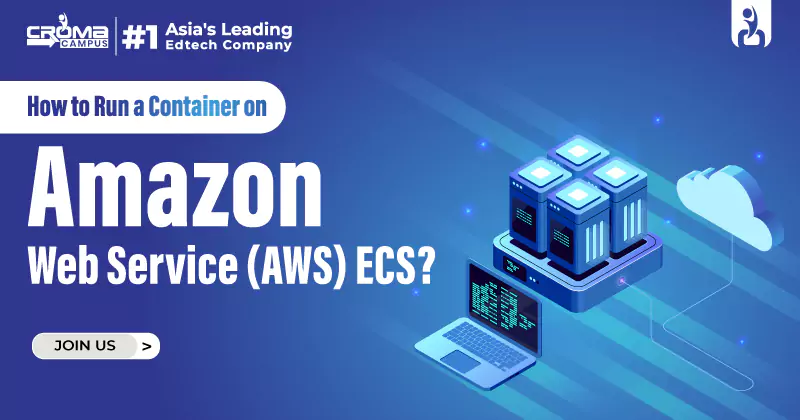


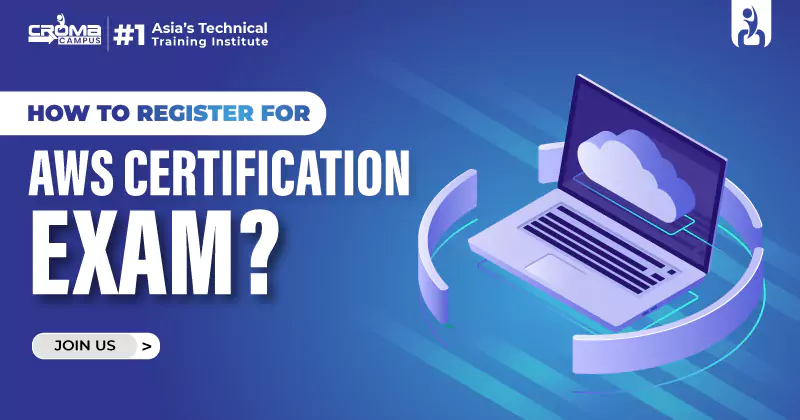
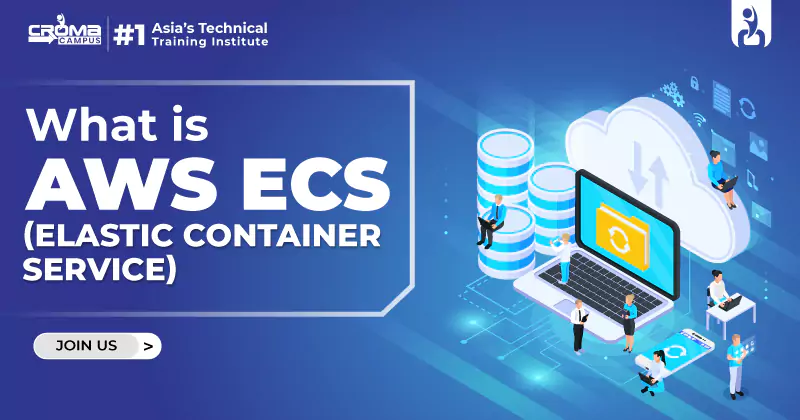


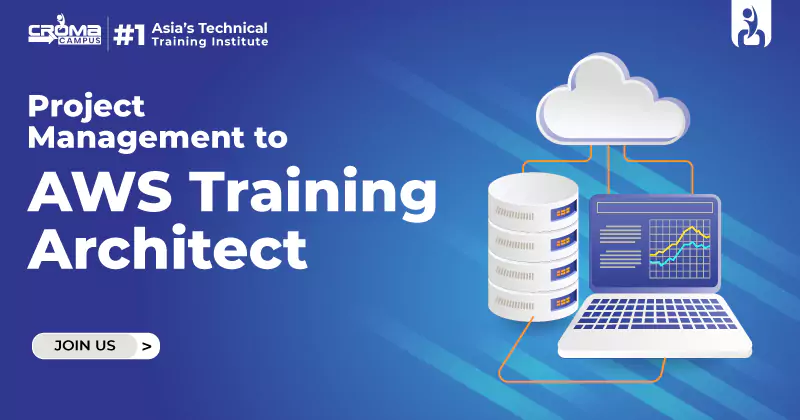

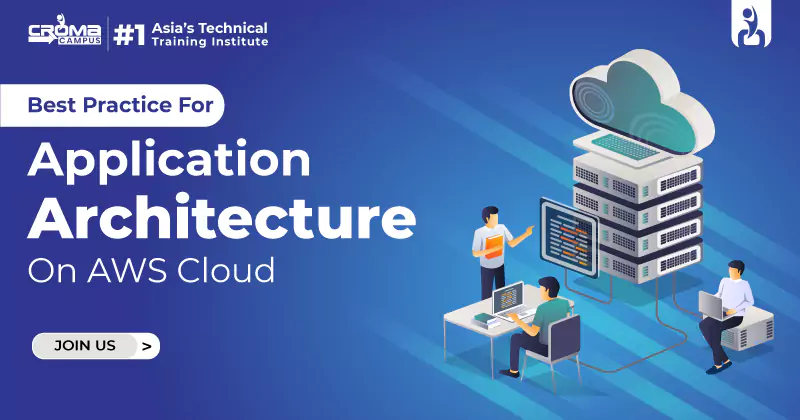
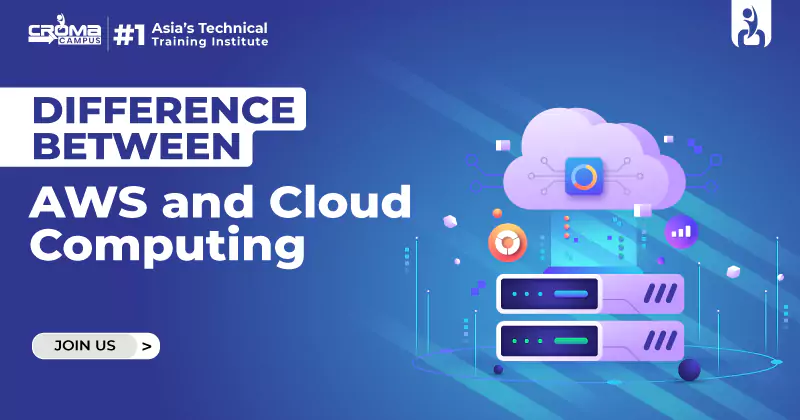










 Master in Cloud Computing Training
Master in Cloud Computing Training